The sun begins to set over Minneapolis. It’s May 25, 2020, and the streets are quiet. George Floyd, 46 years old, walks into Cup Foods, a corner store he knows well. He buys a pack of cigarettes and hands over a $20 bill.
The clerk eyes it with suspicion. He believes it’s fake. He calls the police. He doesn’t realize he’s just triggered a chain of events that will shake the planet.
Minutes later, two police officers, Thomas Lane and J. Alexander Kueng, arrive. Floyd is sitting in an SUV. Lane taps on the window with his flashlight. Floyd flinches. He raises his hands. Lane draws his gun. Seconds later, they pull Floyd out of the vehicle and handcuff him. Why? Because he is Black.
George is calm, but anxious. “I’m claustrophobic,” he says. “Don’t put me in the squad car. I can’t breathe.” He begs to lie down on the ground.
The Knee on the Neck
Derek Chauvin arrives. He’s 44, white, with 19 years on the force. He asks no questions. He kneels on Floyd’s neck. There is no reason—except his own cruelty. Floyd is already lying face-down, handcuffed, not resisting.
Time begins to pass.
“I can’t breathe,” Floyd says. “Please… Please… Don’t kill me.” His voice is clear in the videos filmed by witnesses. Darnella Frazier, then 17 years old, lifts her phone. The image becomes historic: a man pinned to the asphalt, face down, with a police officer’s knee on his neck. Floyd pleads, “Mama… Mama… Tell my kids I love them.”
Later, Darnella testifies in court: “I felt I had to protect him. But I was just a kid. I couldn’t do anything—except record the video.”
No Pulse
Next to her, a bystander tells the officers: “He’s not resisting! You see he’s not breathing! Get your knee off his neck.” Chauvin remains motionless. He stares ahead, nearly indifferent.
Floyd has stopped speaking. His mouth is open. His face darkens.
Kueng checks his pulse. “No pulse,” he says. No one moves. Chauvin keeps pressing.
Eight minutes and forty-six seconds pass. George Floyd is dead.
By the time the ambulance arrives, it’s too late. He’s taken to the hospital, where at 9:25 p.m., he is pronounced dead.
“I Can’t Breathe”: A Cry That Echoed Across the World
The official police statement says: “The suspect suffered a medical incident.” Nothing about the knee. Nothing about the suffocation. But Darnella’s video is already circulating across the globe. Floyd’s cries are etched into the minds of millions.
Protests erupt in Minneapolis. The phrase “I can’t breathe” is heard everywhere. Within days, more than 2,000 cities across the United States rise up. From Los Angeles to New York, and from Paris to Melbourne.
Across the world, millions demonstrate against racism and police brutality. Protesters lie down on the asphalt for 8 minutes and 46 seconds—the length of Floyd’s final ordeal.
The Verdict
On May 29, Derek Chauvin is arrested and charged with second- and third-degree murder. He becomes the first officer in Minnesota to face murder charges for killing a Black man. In April 2021, a jury finds him guilty. The judge sentences him to 22.5 years in prison. Later, Chauvin pleads guilty to federal charges for violating Floyd’s civil rights and is sentenced to an additional 21 years.
The other three officers—Kueng, Lane, and Thao—are convicted for failing to intervene and for aiding the crime. One by one, they go to prison, with sentences ranging from 2.5 to 4.75 years.
The City of Minneapolis pays Floyd’s family a $27 million settlement. Their attorney, Ben Crump, says: “This was the killing the world had to witness to finally believe.”
Fighting for Breath
On June 4, 2020, Minneapolis holds a public memorial for George Floyd. Reverend Al Sharpton says: “For 8 minutes and 46 seconds, this man begged for breath. And we’ve been fighting for ours for 400 years.”
The Floyd case does not only spark outrage. It prompts change. States begin to revise police use-of-force protocols. Around the world, institutions start measuring police violence, inequality, and systemic oppression.
The World Can’t Say It Didn’t Know
But America doesn’t change overnight. Despite reforms, the problem persists. The words of activist Johnetta Elzie of Black Lives Matter remain painfully relevant: “Floyd’s murder wasn’t the first. But it was the clearest. The world can’t say it didn’t know anymore.”
George Floyd is laid to rest in Houston. People bid him farewell through tears. His name is written on walls. On pavement. Into history.
And his final words, repeated again and again before he faded, become the cry of a generation:
“I can’t breathe.”

 3 weeks ago
8
3 weeks ago
8
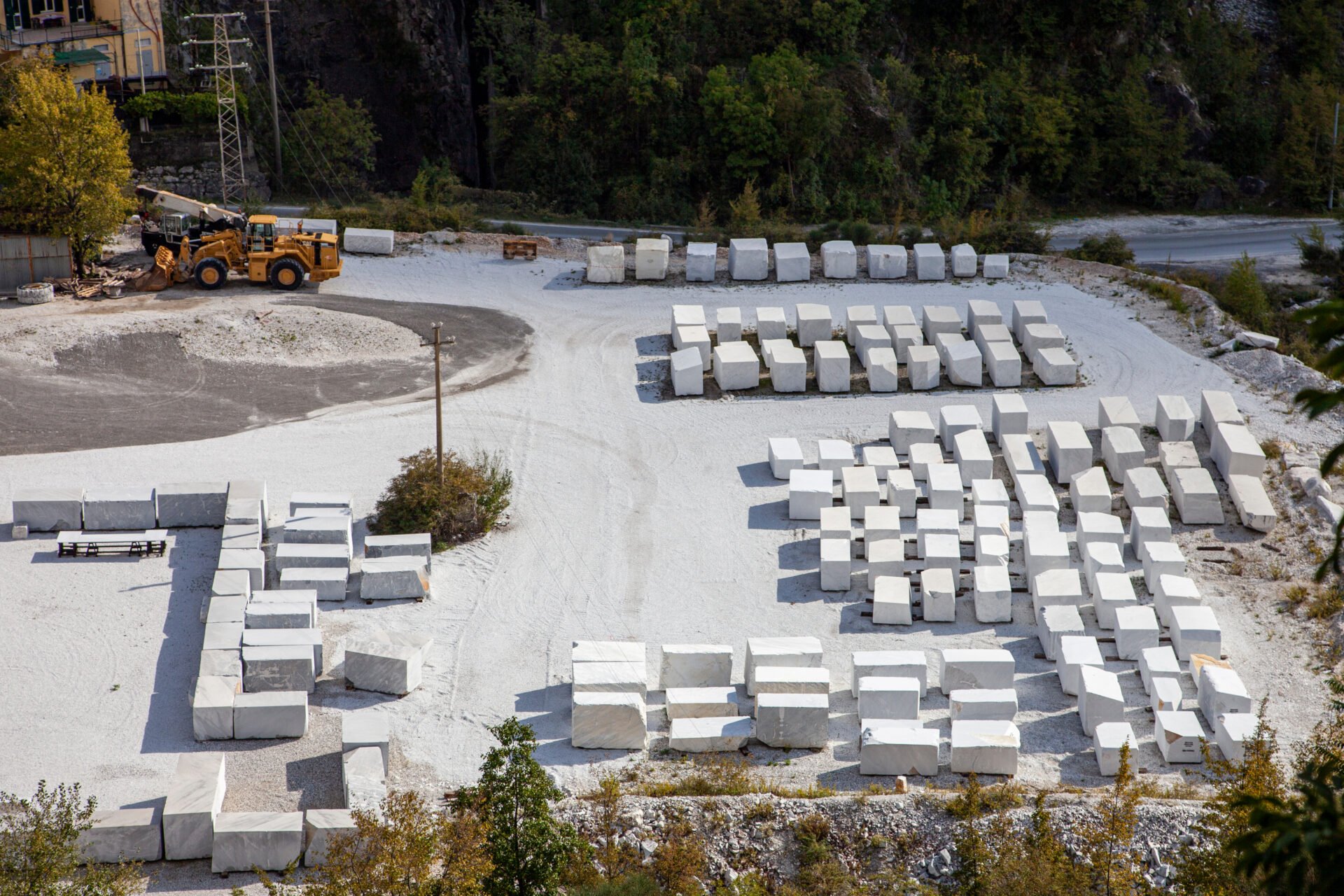
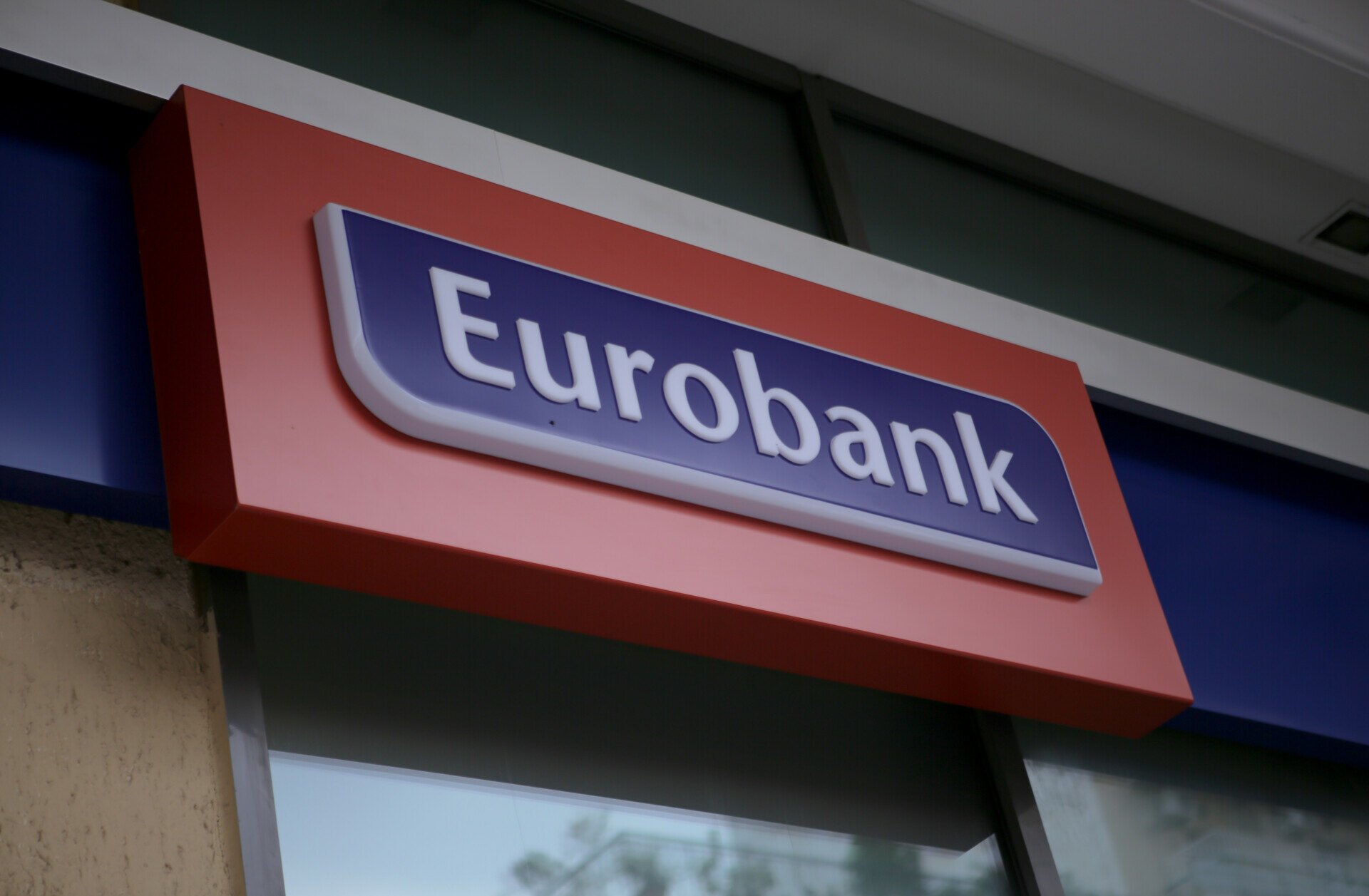
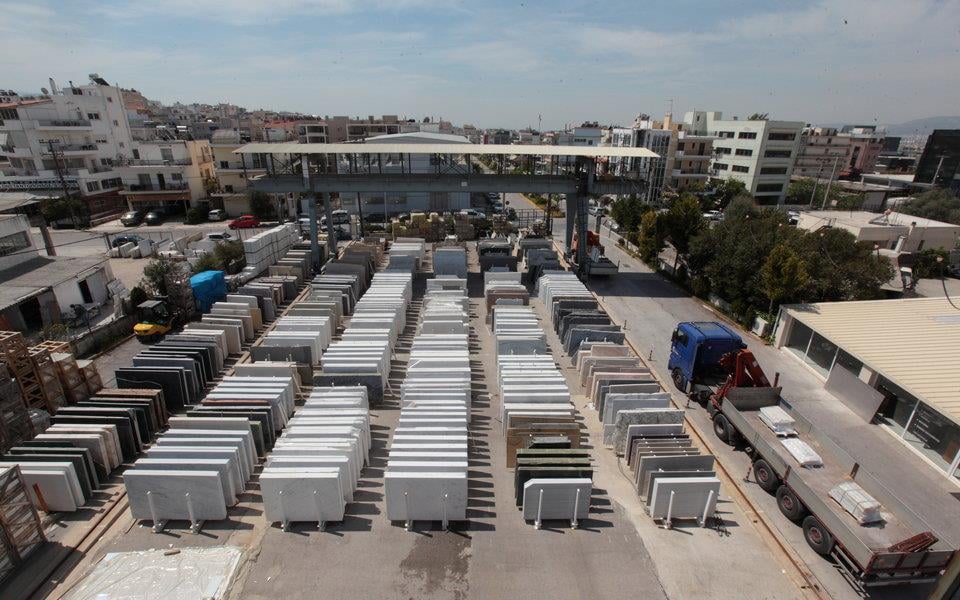
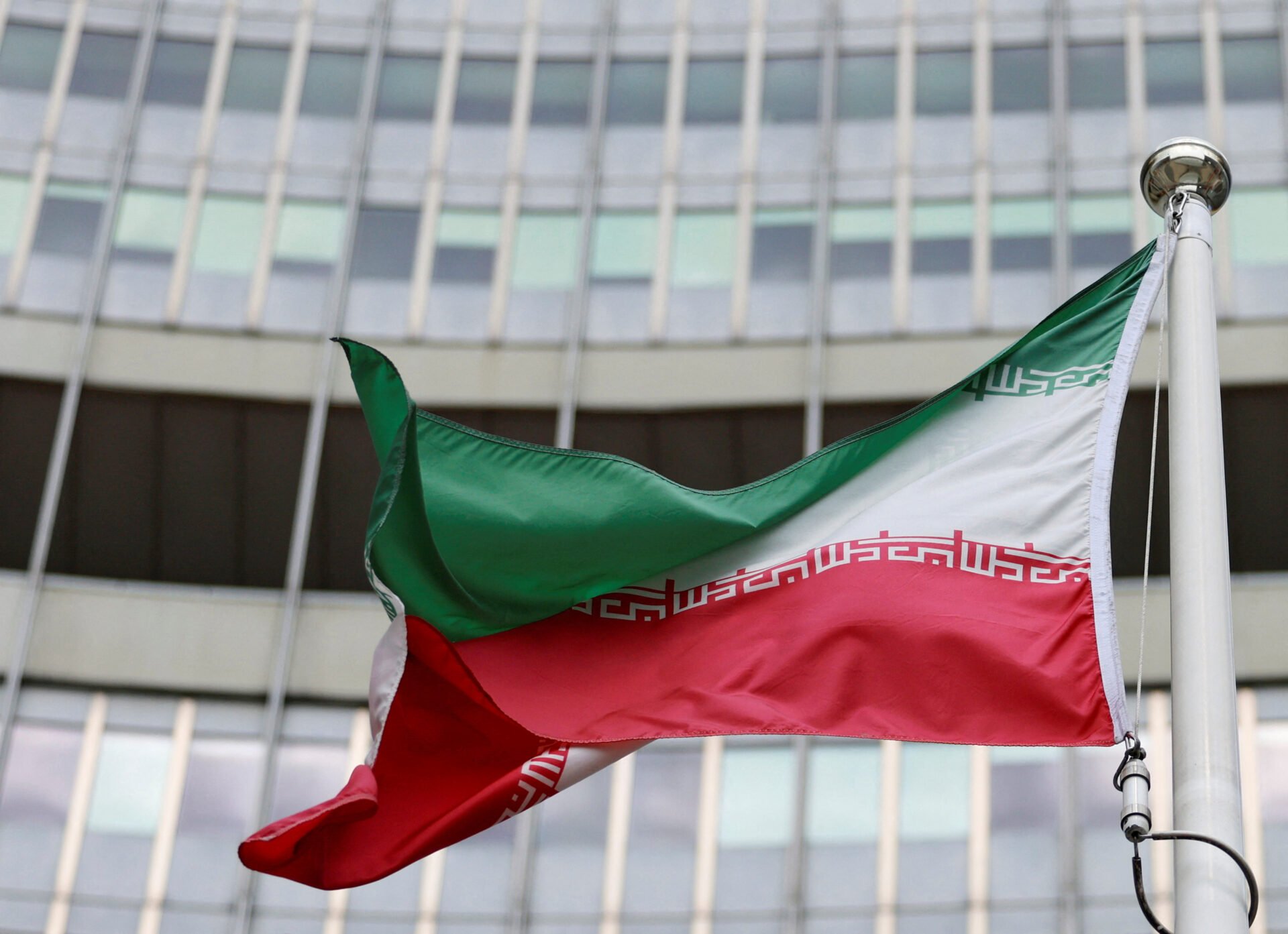

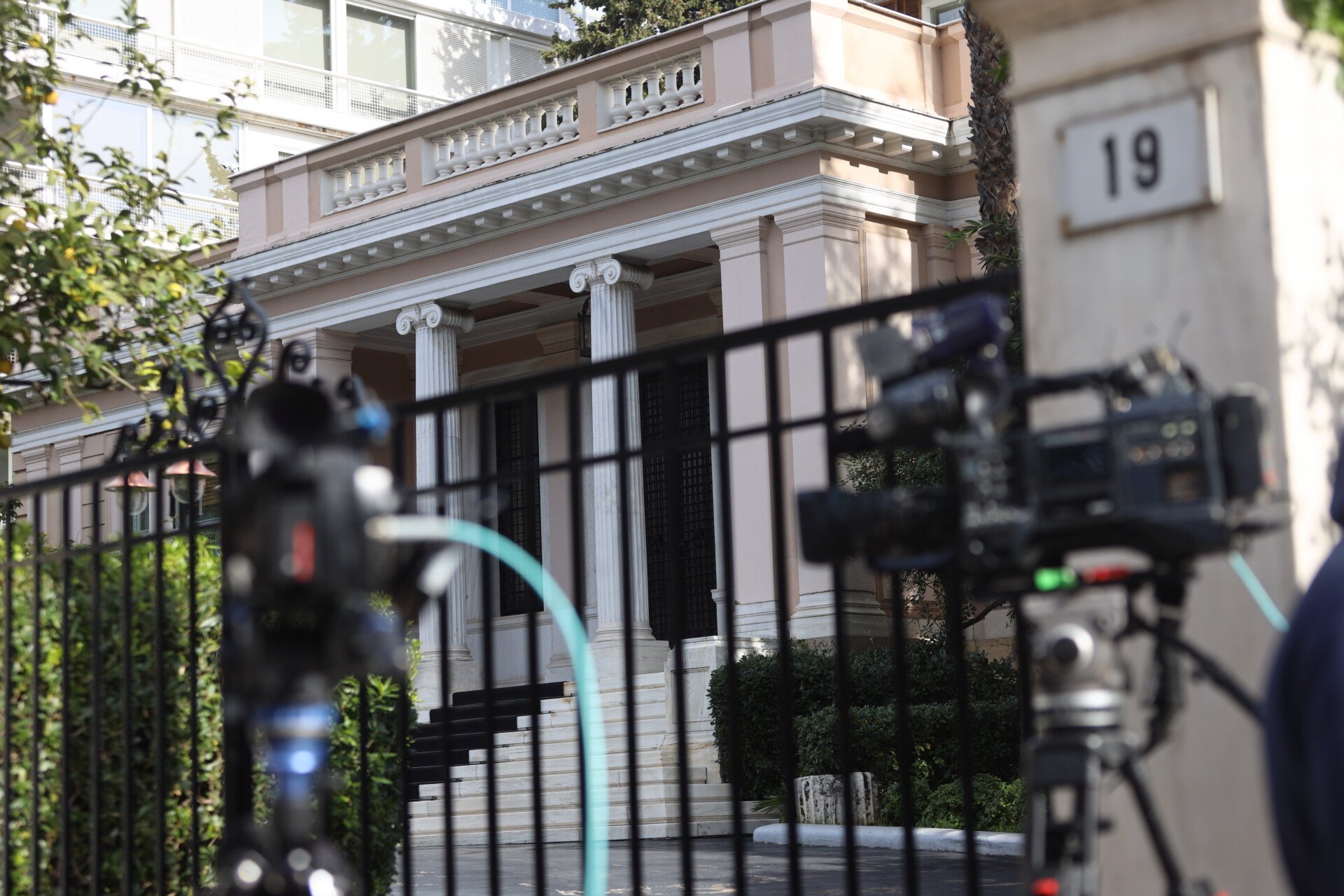

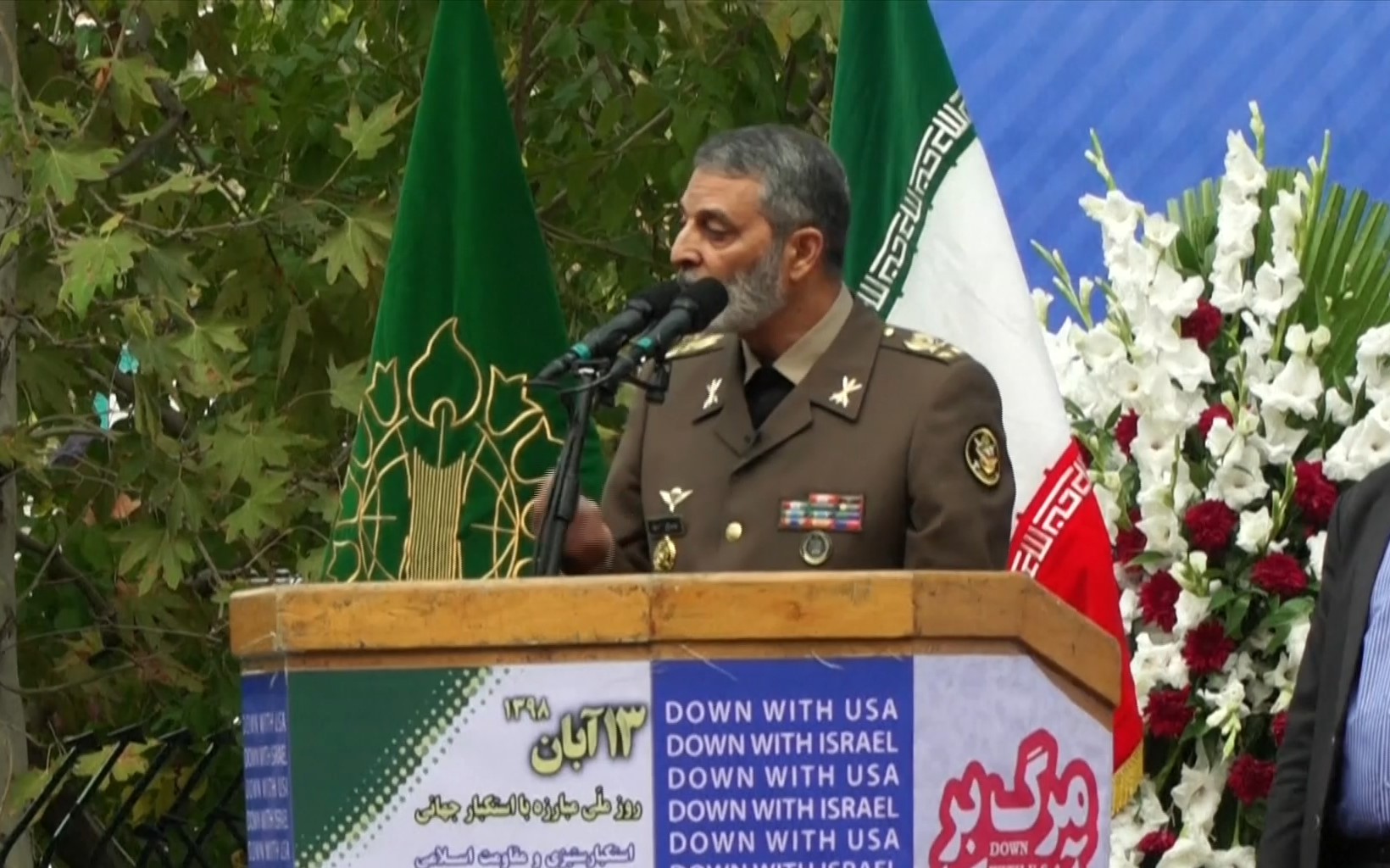
 Greek (GR) ·
Greek (GR) ·  English (US) ·
English (US) ·